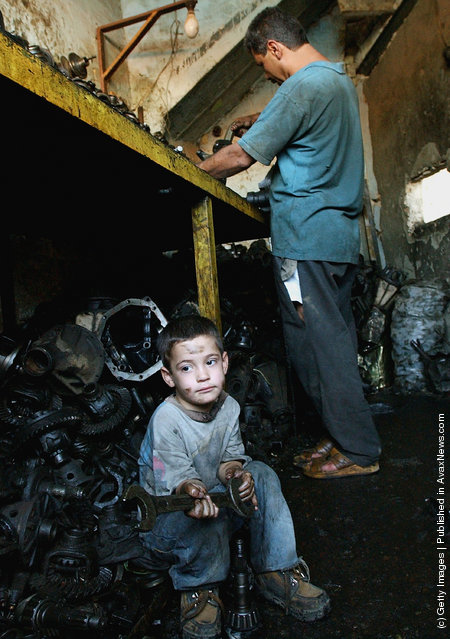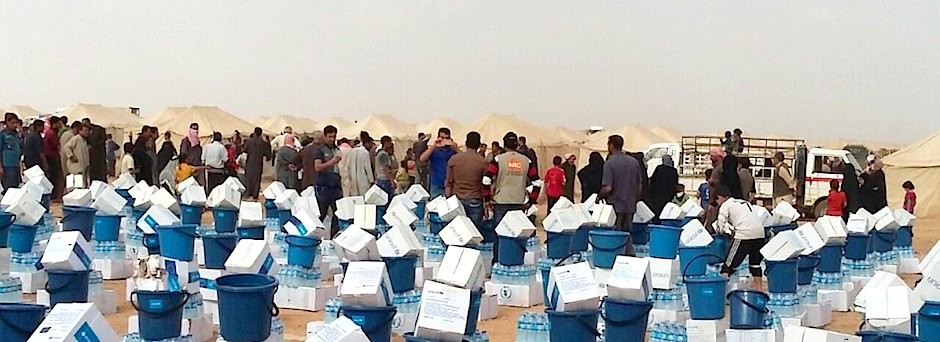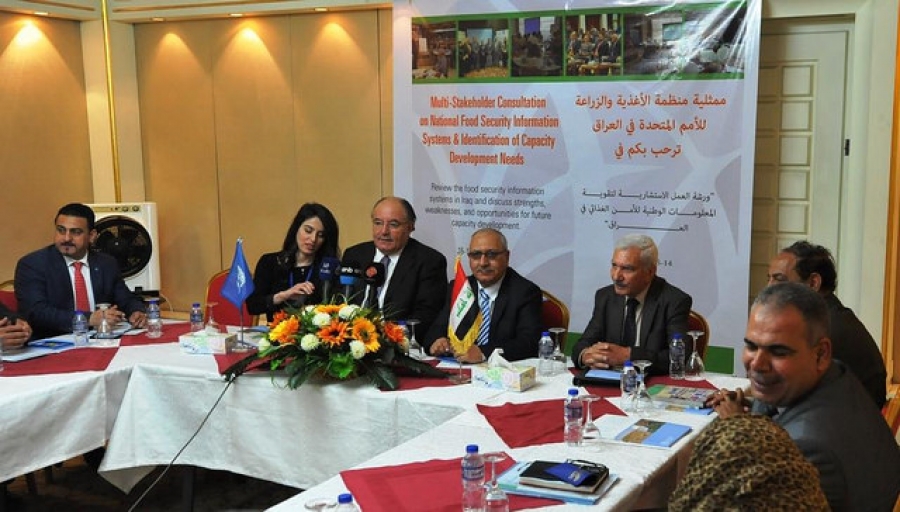This article was originally published by Niqash. Any opinions expressed are those of the author, and do not necessarily reflect the views of Iraq Business News.
Child labour is illegal in Iraq. But if there is death or disease in the family, minors are often forced to work. The authorities responsible for policing labour laws take a range of different attitudes to that.
Just a few days after the beginning of the new school term in Baghdad and Mohammed Ali dropped out. He is 12. His father was killed in a bombing in the city a few months ago and now as the eldest of three sons he feels adult responsibility weighing heavily upon him.
“I just had to search for a job, any job, in order to bring food to my brothers and to my mother who is taking care of them,” says Ali, who NIQASH met on the street. “I will never let her go out to search for a job as long as I am there for her.”
Ali is sweating and he wears ragged clothing. He works as a porter and carries building materials, rocks and other heavy items around the city. He leaves home at sunrise and returns at sunset, eats just one meal a day that costs him about IQD1,000 (US$0.83) and gives the rest of his daily wages, IQD15,000 (around US$12) to his mother for housekeeping. He makes sure that his younger brothers are doing all right and he sleeps next to them in the same bed before getting up the next day to go out and do the same all over again.
Ali is just one of many underage labourers in Iraq. The number of child workers has increased significantly since 2003. Last year the United Nations children’s’ agency, UNICEF, said that more than half a million Iraqi children are thought to be working rather than at school. A lot of those cases are due to violence or displacement, as in Ali’s situation. Iraq’s own Ministry of Planning has higher numbers, saying that about one in five children, aged mostly between five and 14, work to support their families and themselves.




